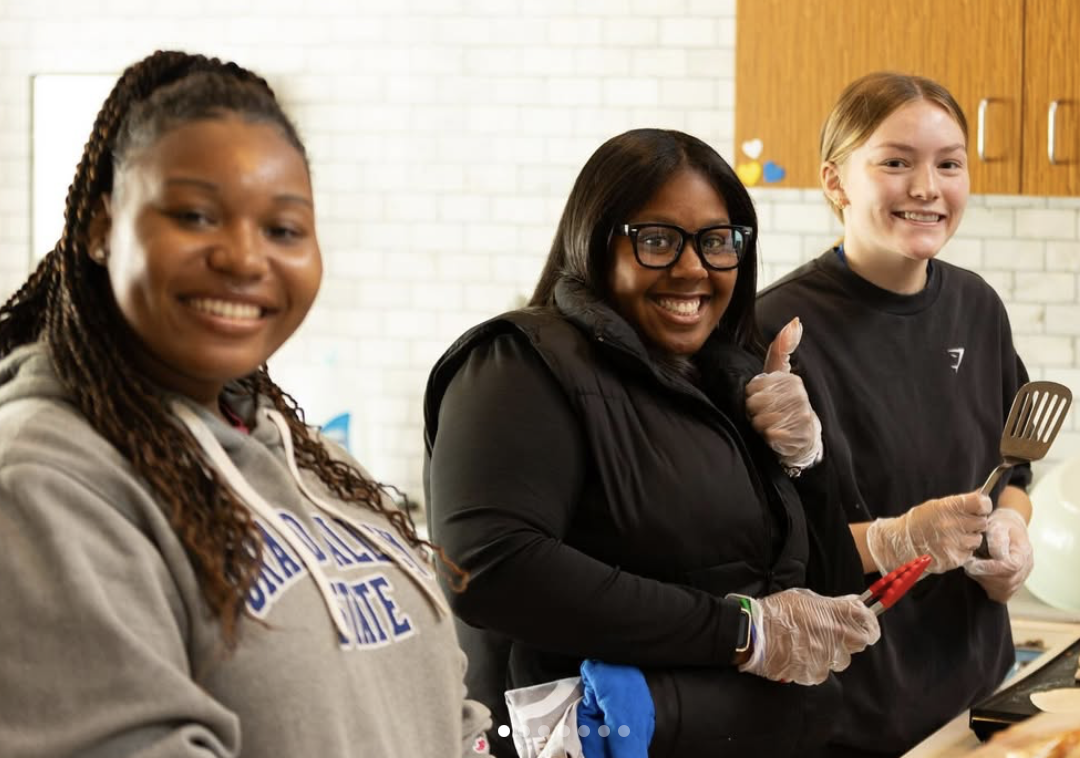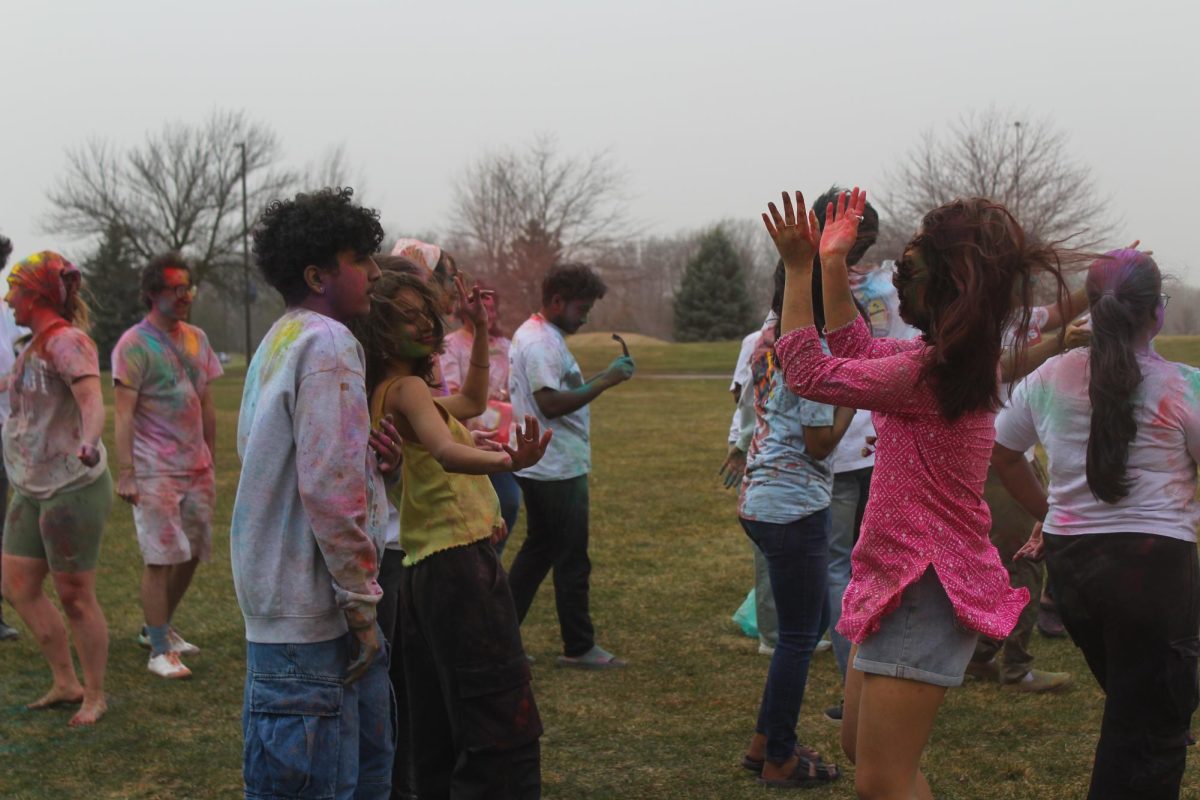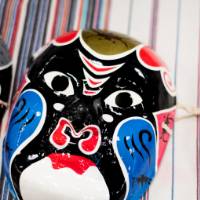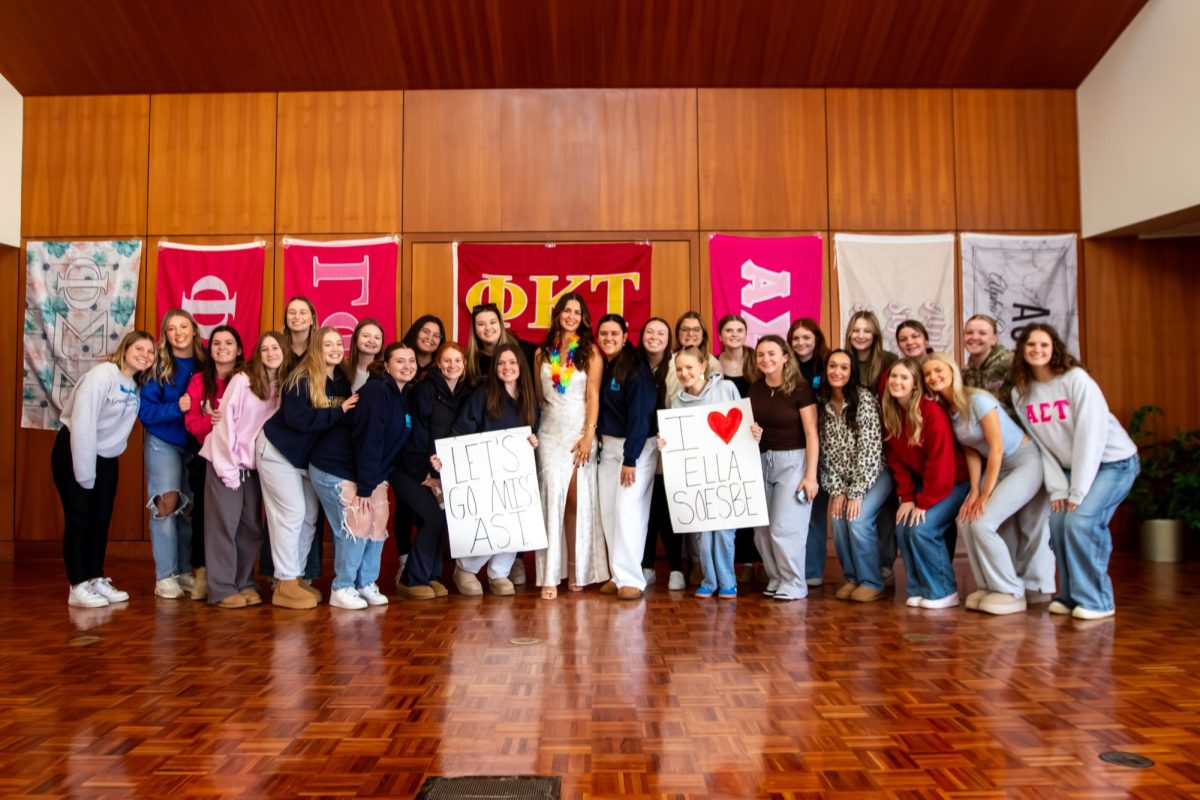On Wednesday, Jan. 15, Grand Valley State University’s Kaufman Interfaith Institute hosted Interfaith Dimensions of Campus Inclusion, a training event dedicated to discussing various belief systems and cultural backgrounds on campus. Held on Zoom, the discussion was open to all GVSU students, faculty and staff.
The institute’s faculty utilized session time to work with students, and facilitate an open and vulnerable discussion. Participants were guided through a presentation that detailed how concepts of interfaith and pluralism appear on campus, the ways in which students are affected by spiritual identity and the University’s policies diversity, equity and inclusion policies. The hour and a half session also included a segment reviewing the most recent Campus Climate Survey, which collected information about students’ perceptions of the University, their experiences on campus and demographics they identify with.
The Kaufman Interfaith Institute’s primary goal is to promote belonging among students, staff and faculty. They aim to promote equity for all religious, spiritual and secular identities.
“The Kaufman Interfaith Institute enjoys curating spaces of inclusion and belonging where people can show up authentically with all facets of their identity,” said Zahabia Ahmed-Usmani, the institute’s youth program manager. “While this training covers a wide breadth of information, by practicing the tools provided, participants are able to digest the material and hopefully create more belonging spaces on campus and beyond.”
The training session also provided resources related to the discussion. The institute’s Multifaith Calendar lists upcoming events and holidays associated with different religions. Information about holidays such as Ramadan, Purim and Holi can be found on the calendar. Their website also features Interfaith Dietary Considerations. The guide can be used to view which food groups can be consumed by adherents of various religions, and explains concepts such as fasting, halal and kosher.
“The hope is that folks leave this training with a better sense of the religious, secular and spiritual diversity of GVSU, knowledge of the resources available through the University to accommodate worldview differences and tools to practice cultural humility in their day-to-day lives, both on campus and off,” said Liz English, the institute’s campus program manager.
Promoting general education about the unique facets of different belief systems can help encourage members of the University community to respect and appreciate people of all backgrounds.
“Interfaith is all about interpersonal interactions,” English said. “As such, our training is very interactive and centers around getting folks talking to each other about our values, backgrounds and experiences, where they may coincide and where they differ. Zahabia and I work together to facilitate the conversation.”
While it may be intimidating for some to enter into a space where they are met with conflicting ideas and beliefs, these occasions should be seen as opportunities for connection and understanding. By entering into such conversations, students, faculty and staff will have a more gratifying University experience. Rather than feeling threatened when an individual presents a differing worldview, having an understanding of what it means to operate within a community setting can lead to a celebration of opinions. Educating the campus community about cultures and belief systems, and providing space to articulate lived experiences is integral to strengthening a multi-faith environment.
“We do this by creating spaces of interfaith understanding, where we can explore our own traditions and beliefs, and learn about those of others,” English said. “(We also create) spaces of connection, where we can see each other as humans first, hear each others’ stories, grow as individuals and as a community and move toward collective action.”











